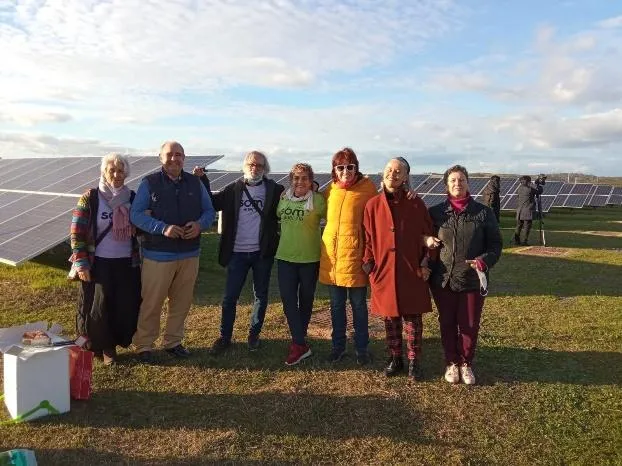Despite most renewable energy production plants being situated in rural areas, most demand for its consumption is concentrated in large cities. However, according to what is set out in the 2030 Agenda, the energy transition’s rural component has been almost completely overlooked by both the UN and the European Union in its Green Deal.
Effacing territoriality from the energy transition creates numerous problems, with two that can be highlighted especially:
- it puts the sustainability of rural areas at risk, and
- it threatens the legitimacy of the 2030 Agenda project as its objectives cannot be met unless a balance is achieved between all the Sustainable Development Goals.
(…) Including women in energy sector decision-making is fundamental for achieving the 2030 Agenda objectives and goals. As the UN has recognized, equality policies are necessary for achieving the SDGs. They are not only essential for reasons of representative justice but also on the strategic level.
(…) Therefore, while the energy transition is, without doubt, a good opportunity for reassessing the future of rural areas, this future also needs to be just. Including women becomes an essential part of decision-making in the energy transition and for this, cross-gender policies also become a fundamental requirement and must be implemented in rural areas, where we know that they are implemented the least. Let us take this opportunity to create new rural policies that are fair and just and include a gender perspective.

